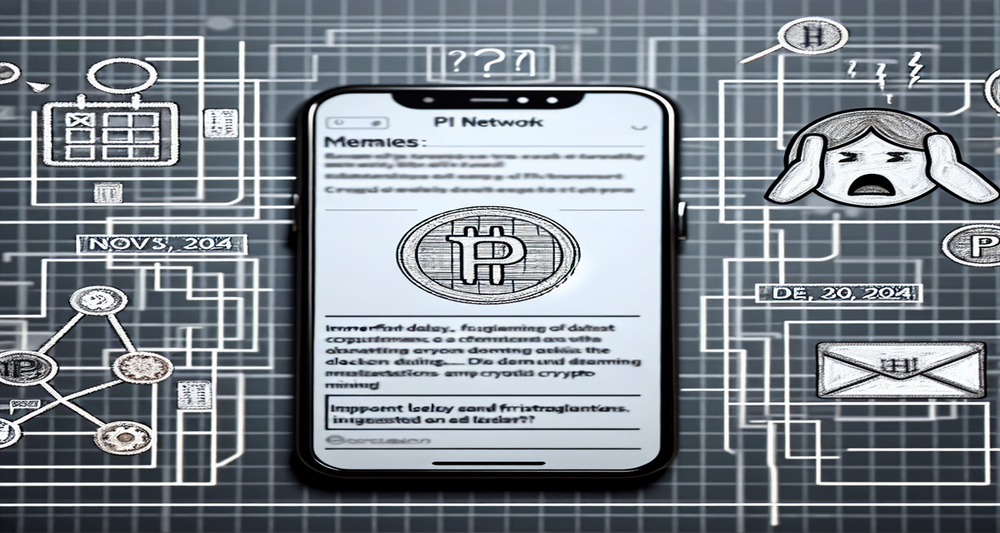In a dramatic conclusion to a saga that captivated the financial world, Sam Bankman-Fried’s meteoric ascent in the cryptocurrency sphere ended abruptly as a New York jury found him guilty of defrauding investors and customers out of billions. Once a darling of the crypto industry, with visibility extending to high-profile events like the Super Bowl, Bankman-Fried’s potential ambitions for political office were eclipsed by a conviction that could result in decades behind bars.

The trial, which lasted a month, saw jurors dismissing Bankman-Fried’s testimony in a Manhattan federal court where he maintained his innocence. The verdict was severe: guilty on two counts of wire fraud, two counts of wire fraud conspiracy, and three other conspiracy charges. While these charges cumulatively carry a maximum sentence of 110 years, sentencing guidelines suggest the former crypto titan will face a substantially lesser term when sentenced on March 28.
As the jury delivered its verdict, Bankman-Fried remained outwardly impassive, a stark contrast to his usual animated public persona. His legal representation, led by attorney Mark Cohen, expressed respect for the judicial process while signaling disappointment and reaffirming their client’s stance of innocence. They plan to vigorously challenge the verdict.
Damian Williams, the U.S. Attorney present for the verdict, took a stand outside the courthouse, denouncing Bankman-Fried’s actions as one of the “biggest financial frauds in American history.” Williams underscored the timeless nature of such frauds and warned that no amount of complexity or perceived invulnerability would deter justice.
The jury’s rejection of Bankman-Fried’s denial of fraudulent intentions and ignorance of his company’s financial turmoil signaled the gravity of the evidence presented. Bankman-Fried’s parents, both Stanford law professors, offered a somber show of support as their son was led from the courtroom.
The trial has drawn parallels to the prosecution of Bernard Madoff, remembered for orchestrating a vast Ponzi scheme. In spotlighting the volatile cryptocurrency sector, the proceedings also shed light on a youthful cadre of executives who once harbored ambitions of reshaping the financial landscape from their luxury Bahamian residence.

Throughout the trial, the prosecution sought to delineate the figure in court from Bankman-Fried’s former public persona, often seen in casual attire and associated with the high-flying lifestyle that characterized his peak within the crypto industry.
In their testimonies, former associates of Bankman-Fried, including ex-girlfriend Caroline Ellison and FTX co-founder Gary Wang, provided inside accounts of the directives they received to engage in fraudulent activities, with the promise of leniency in their own sentencing for cooperating with authorities.
Bankman-Fried’s arrest in December, subsequent extradition, and pre-trial restrictions highlighted the legal trajectory of a figure who once sought to influence policy through donations and public testimony. His trial unravelled how his public reassurances clashed with the reality of his company’s stability, leading up to FTX’s bankruptcy filing.
Prosecutors leveraged Bankman-Fried’s previous statements and testimony to characterize him as untruthful, with the defense challenging this narrative to the last. The quick verdict, following just half a day of deliberation, underscored the effectiveness of the government’s case against him.





 By
By




 By
By
 By
By

 By
By


